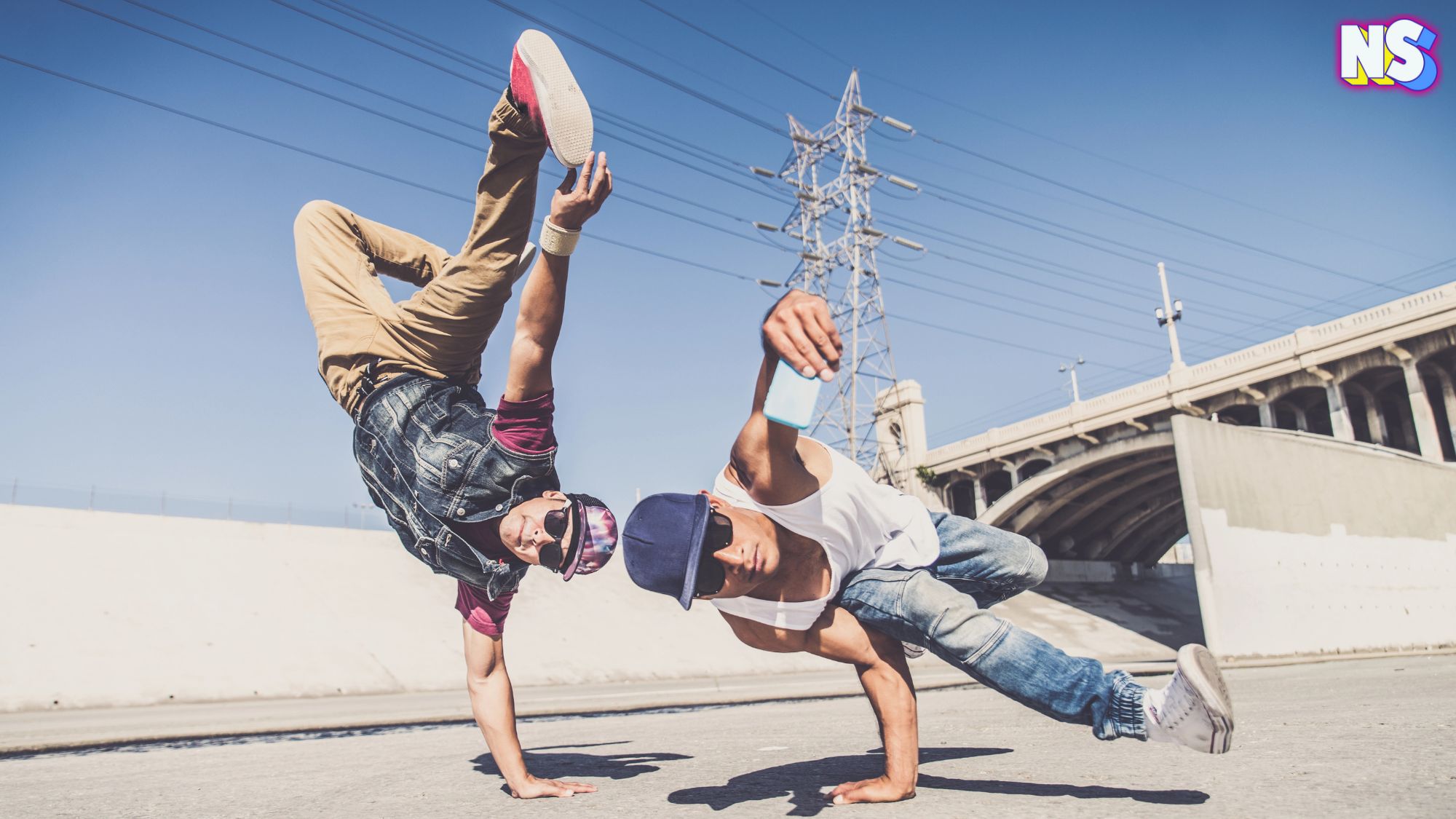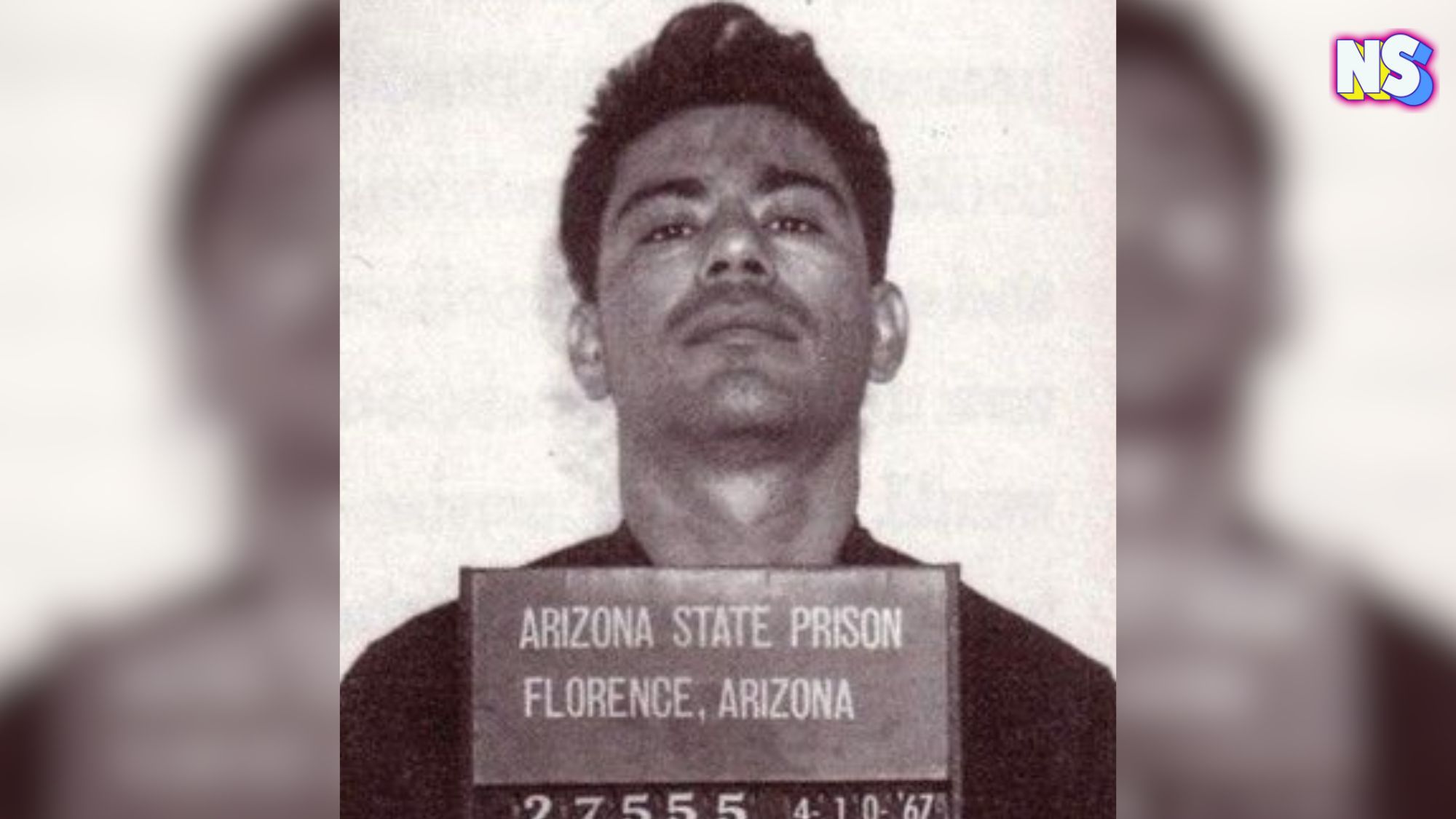It’s official: the sport of breakdancing, aka breaking, is making its debut at the 2024 Paris Olympics soon. And the breakdancers and their fans are thrilled. For the first time in the Olympics’ long history, breakdancing has its own competition and awards ceremony. But why is this sport just now breaking into the 2024 Olympics?
Like many organizations, the Olympics may be targeting younger, more “diverse” fans this year.
“This inclusion reflects the International Olympic Committee’s (IOC) effort to modernize the games and attract a younger, more diverse audience, which includes the dynamic and culturally rich communities of Latin America,” LatinAmerican Post explains.
Let’s break it all down.
Breaking into the 2024 Olympics
On its official website, the Olympics answers the question of “Is Breakdancing a Sport?” with a big “yes.”
“Breaking is recognised as an urban sport just like skateboarding and sport climbing, inspired by various dance styles demanding athleticism and coordination,” the Olympics explains. “A breaking game or match is called a “battle”. The athletes are referred to as B-Boys and B-Girls. Dancers face off in one-on-one battles navigated by a master of ceremonies to music randomly played by a DJ.”
Breaking was first introduced into the Olympics at the 2018 Youth Olympic Games in Buenos Aires. Even though it was the first Olympic event to showcase breaking, it didn’t officially join the program as a new Olympic sport until Paris 2024. In fact, it’s the only new sport introduced this year.
For Latin American breakers in particular, the Olympics will provide a chance to showcase their talent and cultural identity globally. In this first, the breakdancers finally get to compete on the biggest stage in sports.
The Evolution of Breakdancing
Breaking originated in the South Bronx of New York City in the early ’70s. Known for its acrobatic moves, fancy footwork, and unique spins, breaking blends seamlessly athleticism and creativity.
“The journey of breaking into the Olympics began with its increasing recognition as a competitive sport. Major international competitions such as the Battle of the Year, the Red Bull BC One, and the World B-Boy Series played crucial roles in establishing breaking as a legitimate and respected discipline,” LatinAmerican Post writes. “These events highlighted the technical skill and physical demands of breaking, comparable to traditional Olympic sports.”
And it could no longer be ignored by sports fans everywhere. Its inclusion in the Buenos Aires Youth Olympic Games drew over a million viewers in 2018, surpassing many other sports in popularity.
B-Boy El Niño (Alex Diaz), who has been breaking since the age of six and has performed with artists like Missy Elliot and L.L. Cool J, sees the Olympics as a monumental opportunity for the sport.
“We’re all really excited about it. It’s exciting to see it being put onto a world stage. …” Diaz tells the Bay State Banner.
Feature image of breakdancers courtesy of Deposit Photos.





